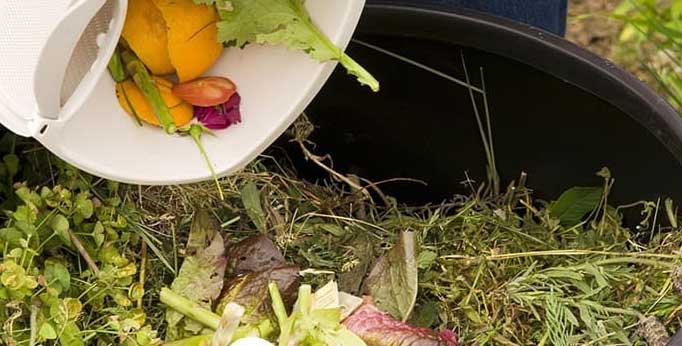As the DECISIVE demonstration sitesare being laucnhed, an accompanying study allows interested parties to explore potential options and approaches to setting up a decentralised biowaste collection system thus increasing the replicability potential of the DECISIVE solution.
This is one of the studies that accompany the development of the DECISIVE solution and enable interested parties to look into reproducing the entire or parts of this solution. In particular, this study reports on how to develop a decentralised biowaste collection system taking into consideration stakeholder opinions, a bio-waste collection database and bio-waste collection chain scenarios. Furthermore, the study contributes to the development of the DECISIVE decision support tool (DST), which generally aims to assess decentralised bio-waste valorisation schemes and compare them to the common centralised waste management options.
The study comprises two different parts. Key stakeholders from the six DECISIVE countries (Belgium, Denmark, France, Germany, Italy, Spain) participated in interviews which provide a good insight into the specifics of local waste management systems. First hand information was obtained on specific local problems, as well as potential solutions. The interviews cover a wide range of feedback – from technical, social, economic to legal information regarding the current waste collection systems. The most important conclusions that could be brought forward are revolving around the need for a holistic and inclusive approach. The public waste management sector has to be involved. Nonetheless, projects should consider generators with sufficient food waste amounts (e.g. large food services), and a new system should have advantages for the generators (citizens, food services), who are also the key for a high bio-waste quality.
Later on, the study introduces a database. The database considers three phases of the biowaste value chain: generation, source-separation, and collection. Without going into details, the database in this study serves a guidance for interested parties. It proves the fact that a coherent and quality data can open doors to a fully functional decentralised collection schemes as they describe the biowaste’s journey.
As the result of this study, eight decentralised bio-waste collection scenarios are presented. The core substrate for the scenarios is food waste from households and food caterers. The scenarios were developed by combining a number of selected parameters. The parameters considered were: the source area, the population density, the quantity of source-separated and collected food waste, the quality of source-separated and collected food waste, the collection frequency, the collection system, the transport system, the co-substrate. The combination of all these paramethers enabled the authors at the Technical University of Hamburg to present a study and solutions to an audience and readership as wide as possible.
You can read the study here and find it in our library, too.

